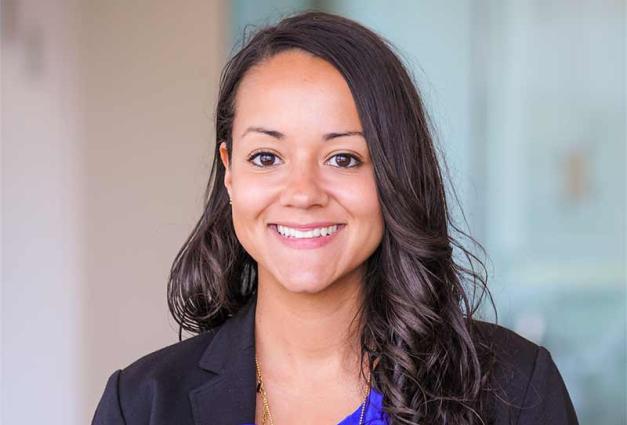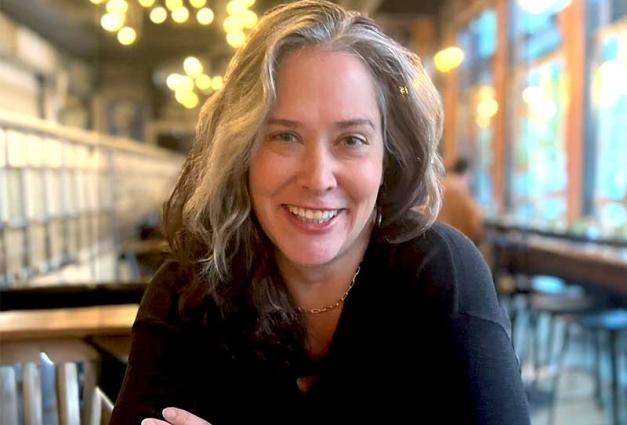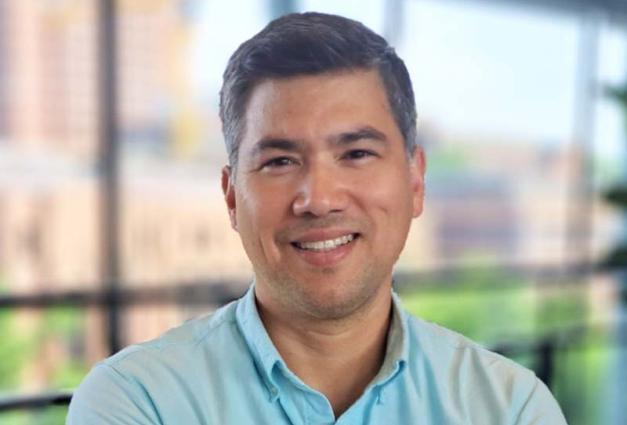Martin Day is an Assistant Professor of Psychology at Memorial University of Newfoundland. Previously he held postdoctoral positions at Harvard University as part of the College Fellows program and at Princeton University in a psychology-public policy program. He received his Ph.D. in social psychology from the University of Waterloo, and his B.Sc. in psychology from Dalhousie University in his hometown of Halifax, Nova Scotia.
What led you to decide that personality and social psychology was the path for you?
I was convinced to pursue this career by the social psychology course I took in undergrad. The research seemed meaningful, challenging and fun to do. I also enjoyed the textbook and lectures. In one memorable class on relationship processes, the instructor asked for a student volunteer to come to the front to help him role-play dating initiations. After the demonstration, the instructor asked the student how things went and she seemed impressed with his charm. Then, to the shock of the class, they started passionately making out. After the roars died down, the instructor re-introduced the “student” as his wife. (I have yet to try this demo in my own social psychology course).
What led to your interest in Inequality, and what are your current research interests?
I have had a longstanding interest in justice-related issues and was intrigued by Richard Wilkinson’s and Kate Pickett’s book, The Spirit Level. I thought they cogently linked higher economic inequality with a variety of worse health and social outcomes. I was curious how people understand and seem to be impacted by the gap between the rich and the poor. I was also interested in why the public does little in response to it, and how society could become more equal.
Most of the current projects in my lab relate to these lines of questioning in some way. I have started to describe this research as falling under the umbrella of “societal cognition,” that is, how people are affected by, respond to, and make sense of societal conditions. For instance, we examine social mobility beliefs (e.g., the chance of moving up in society), including how holding these beliefs can help people rationalize inequality and the status quo. We also study status-related concerns and how such factors may explain, in part, the link between inequality and negative consequences for individuals. Broadly, we also explore psychological factors that may affect support for inequality-related policies, programs and movements (e.g., that alter low or high pay, redistribute wealth). Inequality is a problem with plenty of research opportunities.
What is your most memorable SPSP Convention experience?
As a newcomer to the research scene in 2007 I experienced a “wow” effect when I attended my first convention in Memphis. I’m pretty sure it wasn’t just the tasty Memphis ribs or the floor-to-ceiling carpets of Graceland. Being exposed to so much interesting and relevant research was incredibly exciting and motivating for me. Admittedly, when I prepare for my SPSP travels these days, I sometimes catch myself questioning the lengthy trip. However, the joy I feel when connecting with current and new colleagues keeps me coming back.
What’s the best professional advice you ever received?
I feel grateful to have learned from many experienced and talented social psychologists who have shaped my career. Although it is hard to sum up, through the mentoring process I’ve been imbued with helpful reminders and advice ranging from “aim to conduct high-quality research” and “try to find the truth,” to “don’t take oneself too seriously.”
Outside of psychology, how do you like to spend your free time?
Beyond hanging out with friends and family, I enjoy traveling and seeing how other people live. After undergrad, I went to Japan to teach English for 8 months, and ended up staying for two years because it was so fascinating and fun. I also photograph basic things—whatever catches my eye—and enjoy ultimate Frisbee, meditating, films, hiking along the beautiful coasts of Newfoundland, and combining craft beer with some of the above.
To learn more about Martin and his current projects, visit https://www.societalcognitionlab.com or @SocietalCogLab




